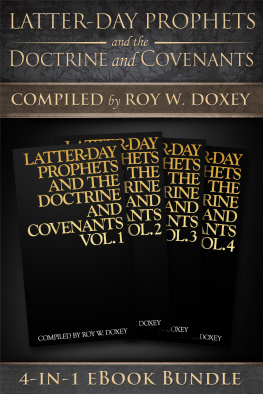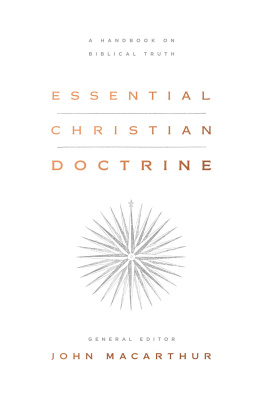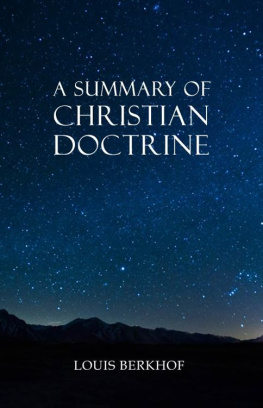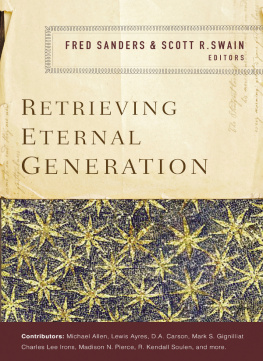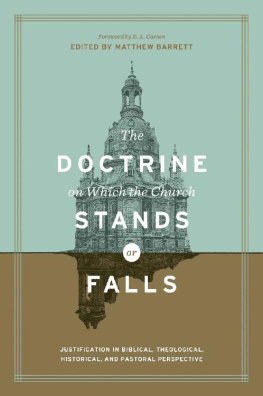JOSEPH BUAKYE DANQUAH was born at Bepong in Kwahu on 21st December 1895. Having worked as a law clerk, then as Secretary to the Cmanhene of Akim Abuakwa, he proceeded to the University College of London in 1921, after obtaining the London Matriculation certificate through private study. He obtained the B.A. and LL.B. degrees and was elected John Stuart Mill Scholar in the Philosophy of Mind and Logic. He entered the Inner Temple, and was called to the Bar in 1926. In the following year he obtained his doctorate degree in Philosophy for which he offered the thesis The Moral End as Moral Excellence.
On his return home he established legal practice, and, busy as he was with his practice, he nevertheless found time to write a number of books and pamphlets; he also undertook considerable research in Akan religion and culture. Another consuming interest of his was politics. He served in the legislature during the colonial period, and together with others, founded the United Gold Coast Convention in 1947. He was one of the six arrested during the 1948 disturbances which preceded the attainment of independence by the Gold Coast.
With independence and the formation of a government under Kwame Nkrumah, the founder of the Convention Peoples Party, J.B., as he was popularly known, featured prominently in the Opposition; he never could hide his conviction that Ghana could be governed differently. On two occasions he was detained under the unpopular preventive detention law.
He died in detention on the 14th of February, 1965.
* * *
To appreciate The Akan Doctrine of God, it is important for the reader to recognise that there are two assumptions which form the basis of Danquahs exposition of Akan theology.
The first is that the Akan, by their own wisdom, have been able to perceive God in a way that gives the west no basis for a feeling of superiority. In Danquahs own words, Enquiry into the nature of the Akan God has been going on for upwards of a century, but the doctrine was never stated in a form recognisable by students, theologians and moralists as akin to previous discoveries of scientific or speculative thought and of a nature to fit in with, but without disturbing, the organon of accepted truth1
Danquails desire, therefore, is to expound Akan thought in such a way as to make it comprehensible to western thinkers and to demonstrate that it is comparable to their system; 2 in pursuance of this objective, he calls forth his philosophical training and indulges in metaphysical and ethical speculation. The effects of this are evident in the whole book, whether in his discussion of the nature of the Supreme Being or in his exposition of Akan ethical thought; indeed, he never permits the reader to lose sight of his philosophical approach. This is not to suggest that his study is worthless merely because it is couched in such terms. Christian theologians there have been who have legitimately expressed Christian theology in the mode of prevailing philosophical systems; however, not all such philosophical theologians have completely succeeded in avoiding the obvious pitfall of substituting philosophy for theology. Likewise, though Danquah was learned in the ways and thought of the Akan, yet it is impossible not to reject his presentation at some points for the very reason that he falls a victim to his desire for speculation, much of which is, as far as the available evidence goes, groundless.
The second assumption, which is inseparably linked up with the first, is this: among Europeans, the popular idea of Akan religion is as part of West Africas fetish cult. Actually, Akan religious doctrine knows only one God. Everything else found in the land, in the form of religion, is nothing else but superstition, in justice to the Akan, the cults of the private man desirous for short cuts to satisfy the natural craving for some religion, should not be ascribed to the Akan as their racial or national conception of God. 3 Fifteen years before the publication of The Akan Doctrine of God, Danquah had written thus: There seems to be evidence for believing that the present form of Akan fetish worship is a foreign acquisition which historical research may prove to have entered into their way of life at the time they were driven from the plains of central Africa to the mountainous and rocky West African littoral.4
Danquah would therefore readily apply to the Akan Voltaires view that men began by knowing a single God, and that later, human weakness adopted a number of deities, 1 and reject as inapplicable the one expressed by David Hume, presumably on the basis of the ethnographical material available in his time, that polytheism or idolatry was, and necessarily must have been, the first and most ancient religion of mankind. Indeed, Danquah would take particular exception to Rousseaus endorsement of Hume in the words, Negro ftiches, all the works of nature and man, were the first deities of mortals.2
It is not easy to see how Danquahs conviction that the Akan know only one God can be justified in view of the evidence to the contrary. That he was aware of the writings of such scholars as Christaller and Rattray is clear from his references to these scholars with whose researches students of Akan life and thought are familiar; however, his theory of the nature of Akan religion, in line as it is with Schmidts devolutionary theory of Urmonotheismus or primitive monotheism 3 leads him to set aside completely the evidence that has been brought to light through the hard work of such men. Hence his statement that altars and shrines to ancestral and divine gods are unknown things to the Akan.!4
In the absence of any evidence adduced by Danquah to enforce his approach to Akan religion, one is led to explain his approach in terms of a reaction to another type of approach. Not infrequently, writers on African religion have shown a decided preference for sensationalism rather than objectivity, and have drawn greater attention to the gods as the essence of African thought and belief; either the Supreme Being has been pictured as playing a very nebulous role in the complex of beliefs, or any ideas of God have been attributed to borrowing, as when Ellis suggested that the Akan Nyankopon 5 was borrowed from Christian missions. 6 Danquahs line of approach may very well be a reactionhowbeit an extreme oneto this misrepresentation of Africancertainly of Akanreligious beliefs. He does valuable service to scholarship in drawing attention to the importance of the Supreme Being in Akan religious thought.
Naturally, however, in pursuing this line of approach so strictly certain aspects of belief that are of importance for the understanding of the Akan doctrine of God are ignored.
It seems to us that any objective statement of the Akan doctrine of God should include some reference to the Akan conception of the place of the gods in the Akan religious system.



